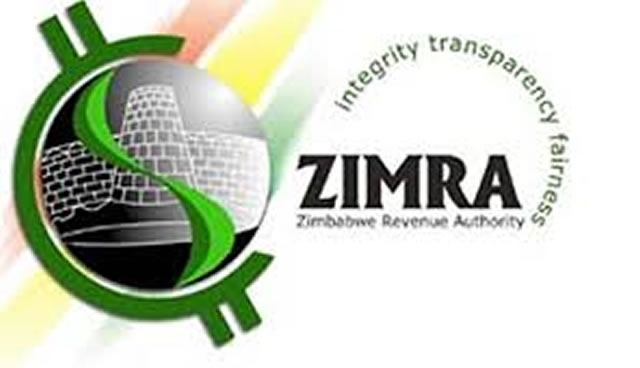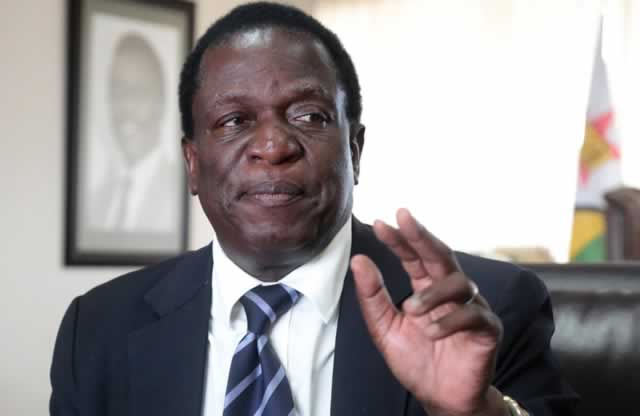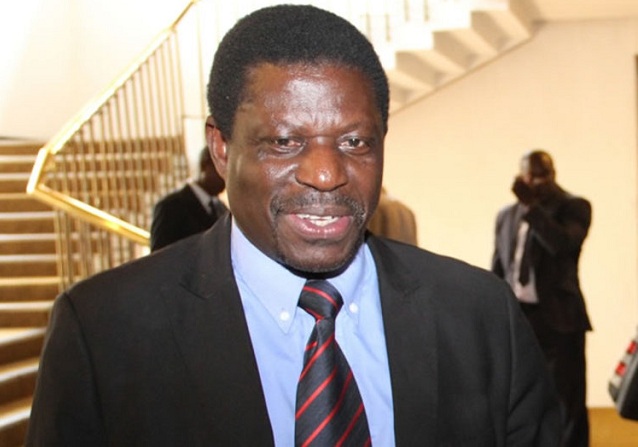Zimra scaring away SMES: Parly committee

Nqobile Tshili Chronicle Correspondent—
THE Zimbabwe Revenue Authority has been slammed for being too heavy handed, thereby causing businesses to hide earnings to evade tax. The National Assembly heard recently that exorbitant taxes and the garnishee system employed by the tax collector made the informal sector, in which about $7,6 billion is circulating, avoid registering businesses or use banks.
Informal traders and small to medium enterprises reportedly hold the bulk of the money in circulation in the country. Cash shortages in banks that have resulted in people sleeping in queues to withdraw as little as $100 per day have been partly blamed on reluctance by the sector to deposit money. Zimra has failed to device a system to tax the industry, thereby shrinking the tax base.
The Parliamentary Portfolio Committee on Small and Medium Enterprises and Co-operative Development on the operational environment and economic contributions of small and medium enterprises and the informal sector in Zimbabwe, told legislators that high bank charges and difficulties in accessing cash once it goes into a bank, were stifling liquidity.
The committee’s chairperson, Gokwe Central MP, Cde Dorothy Mangami (Zanu-PF), said players in the informal sector were not remitting taxes to Zimra due to their lack of confidence in the banking sector.
She said SMEs have accused Zimra of being unfriendly to them after it learnt that billions were circulating in their sector untaxed.
“SME associations informed the committee that since the pronouncement that $7,6 billion was circulating in the informal sector, Zimra had become ruthless in its revenue collection endeavours, creating more animosity between the sector and the agency,” Cde Mangami said.
She said Zimra’s rigidity has seen it failing to device ways of taxing the informal sector without going through the banks yet it was common that SMEs players avoid banks.
“Major tax contributions by SMEs and informal traders are in the form of Value Added Tax (VAT) and Presumptive tax. The committee was informed by experts from Ernst and Young that tax compliance by SMEs is made difficult by the onerous requirements from Zimra. For instance, a bank account is a necessity for an SME to be on the tax register, yet most SMEs do not have confidence in the banking sector,” said Cde Mangami.
She said Zimra was too rigid and scaring away SMEs operators by charging them exorbitant taxes.
“An illustrative example is an SME operator from Gweru who voluntarily approached Zimra to regularise his position but was levied penalties amounting to US$87 000. This meant that the owner would not have been able to get tax clearance to continue with the business if the Ministry had not intervened for a reduction. The committee believes such kind of incidents discourage SMEs from formalising their operations,” Cde Mangami said.
She said suspended Zimra Commissioner-General Gershem Pasi conceded that their system was flawed owing to the transition from Zim dollar to the US$. Businesses have often complained of abstract figures that Zimra comes up with as tax shortfalls. They say the figures are unjustified and so high that if one pays, they risk closing shop or borrowing additional funds to meet the Zimra bill. — @nqotshili.









Comments